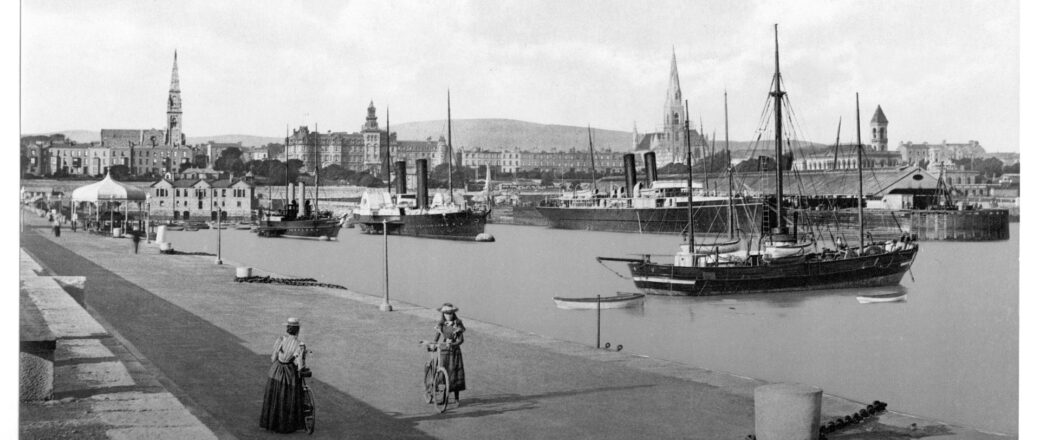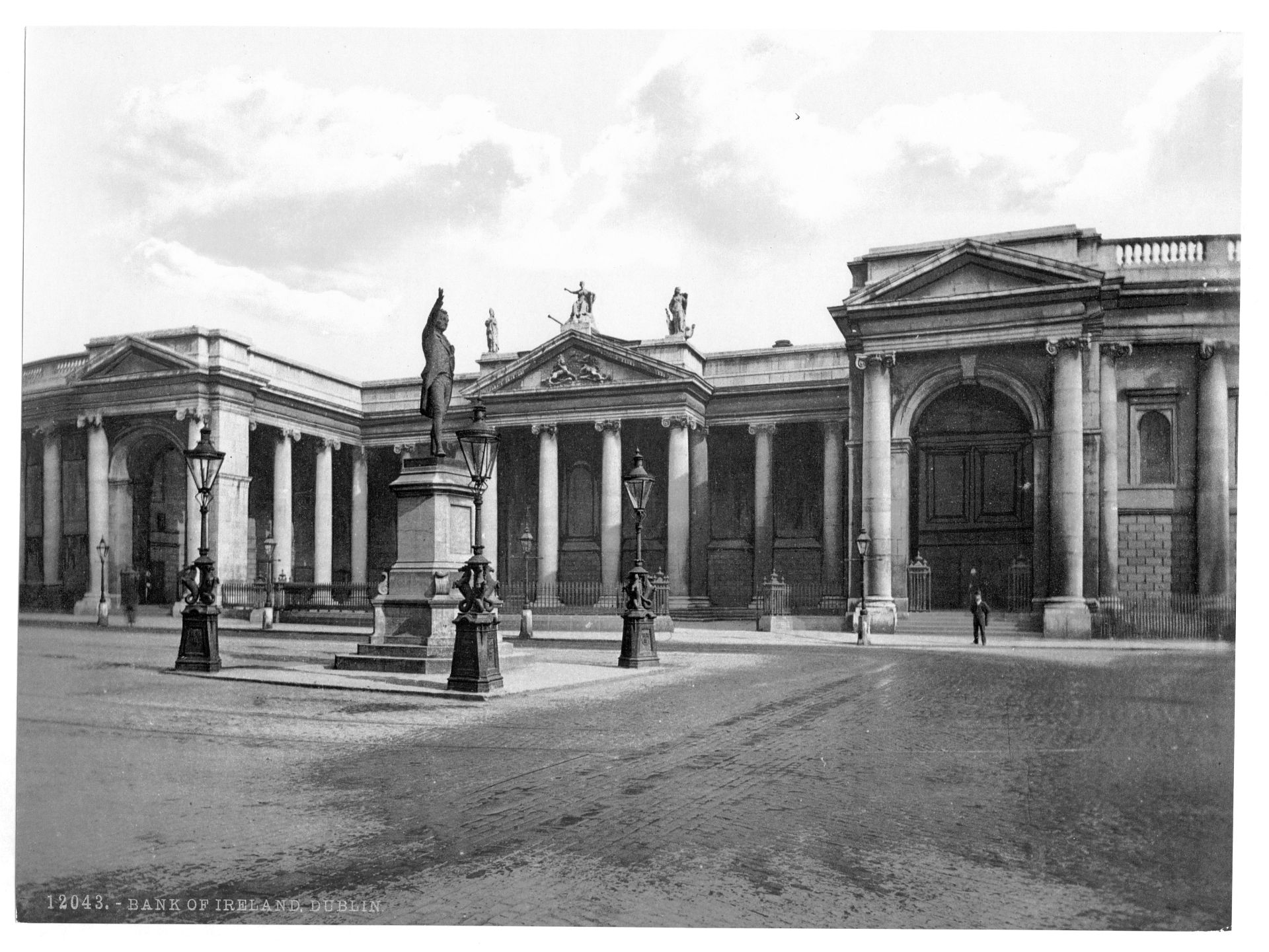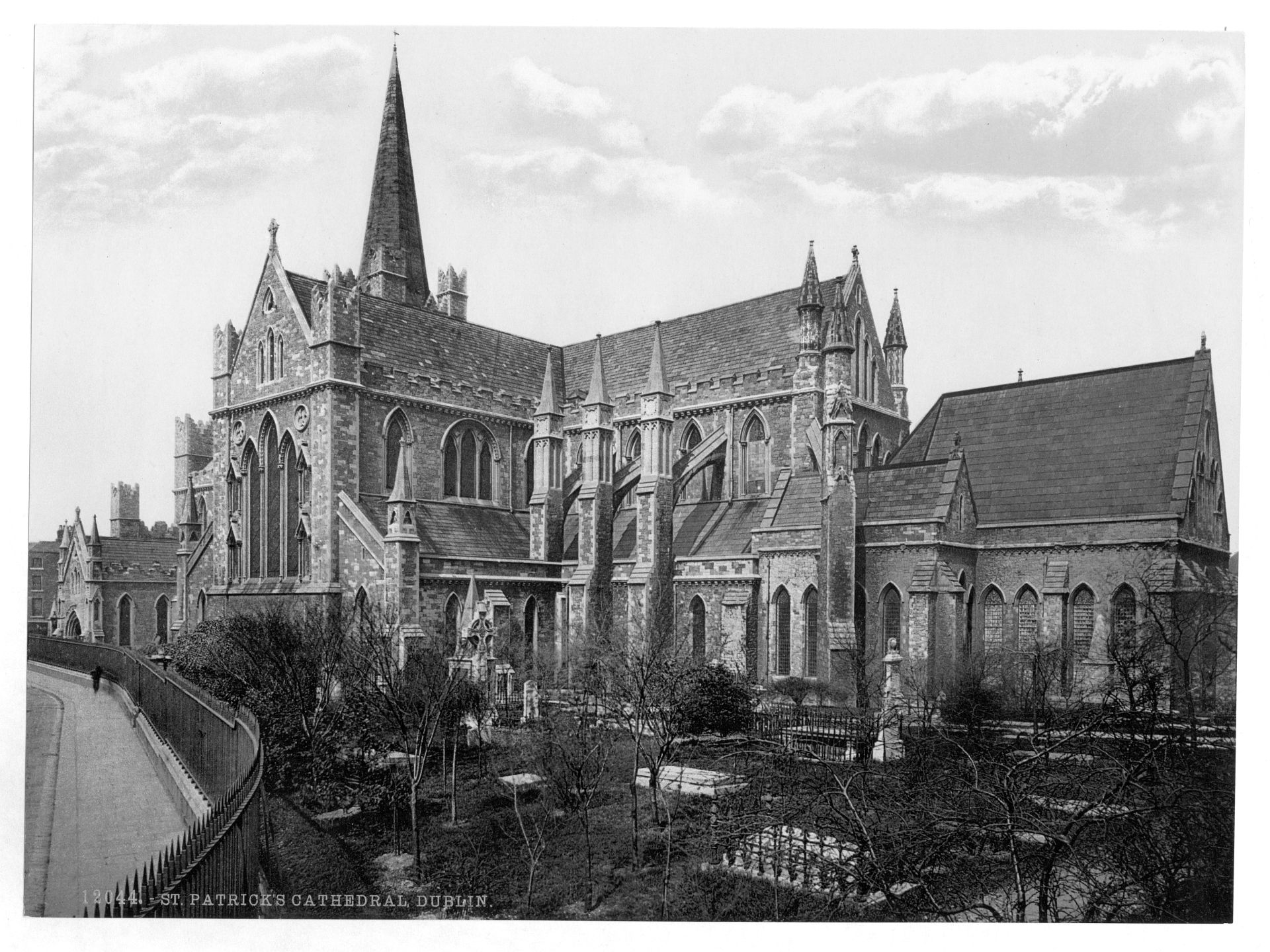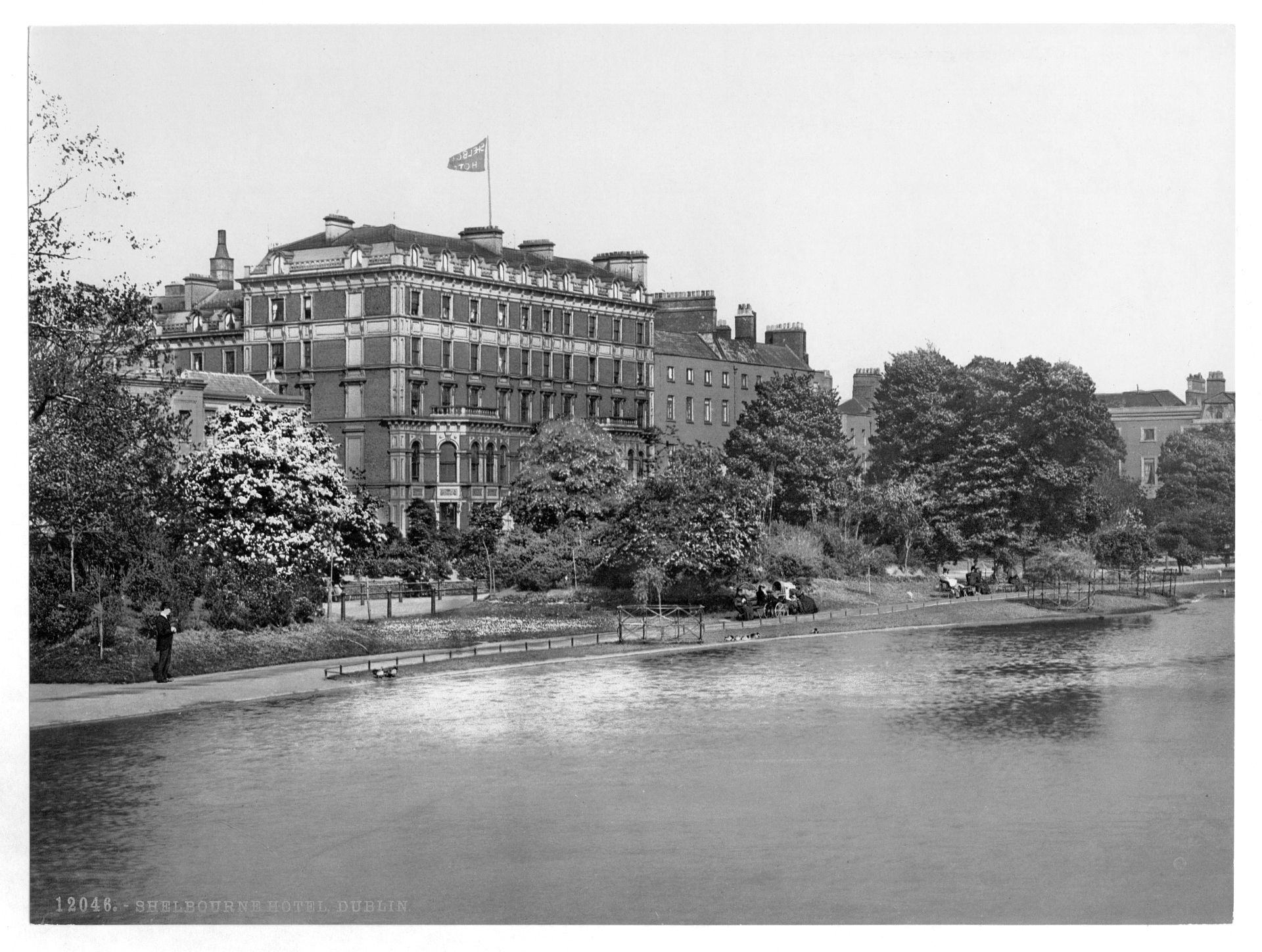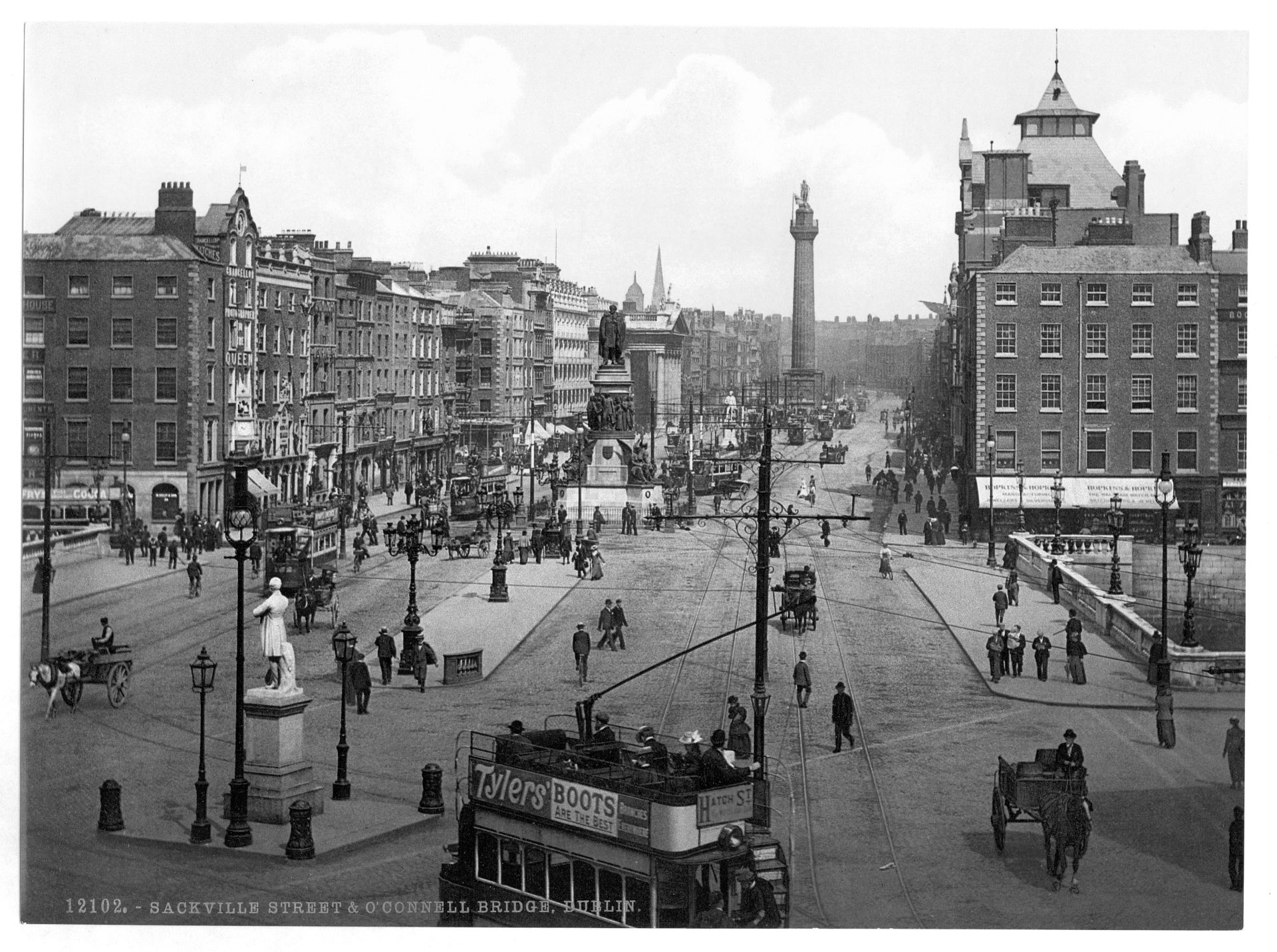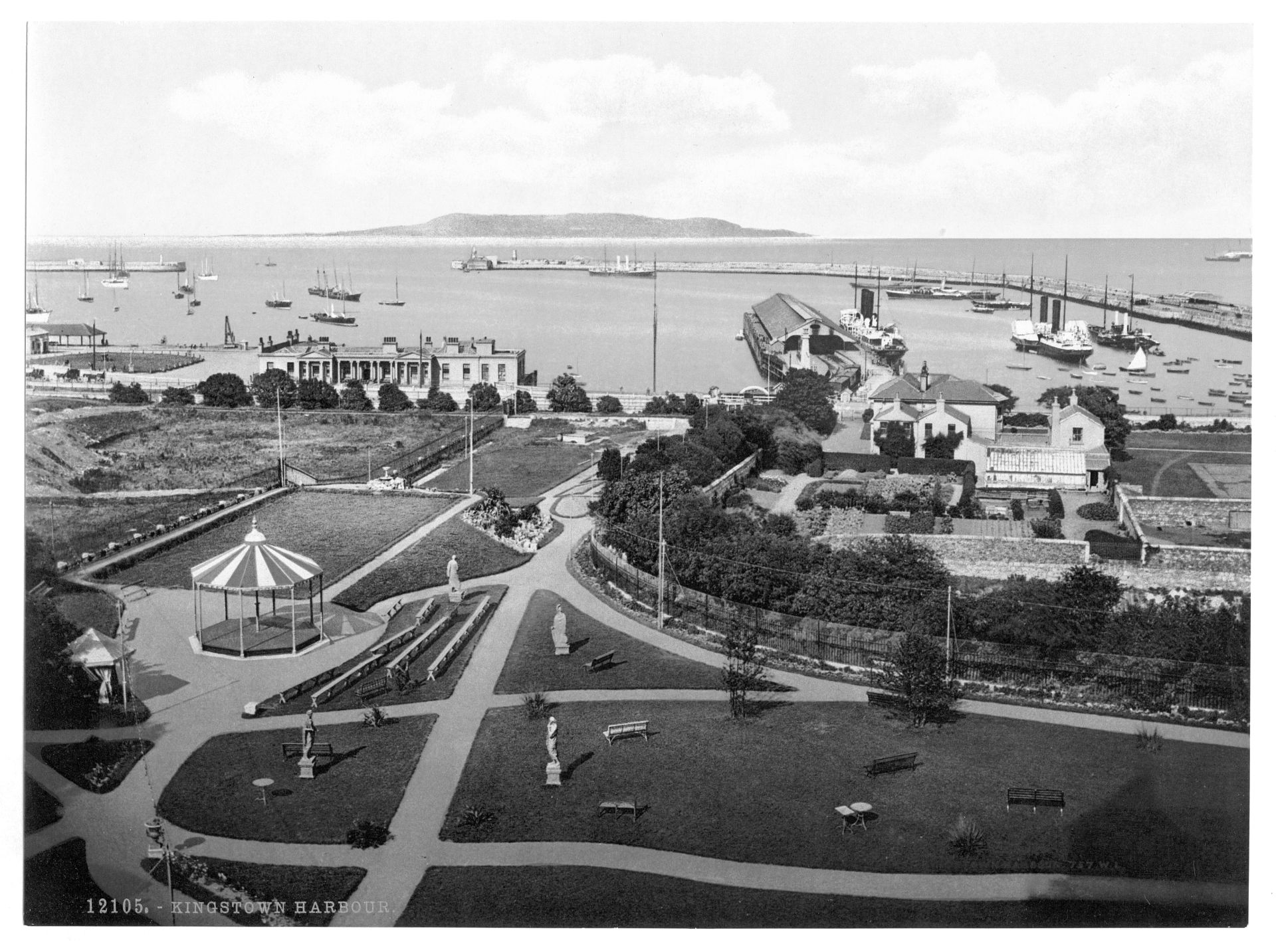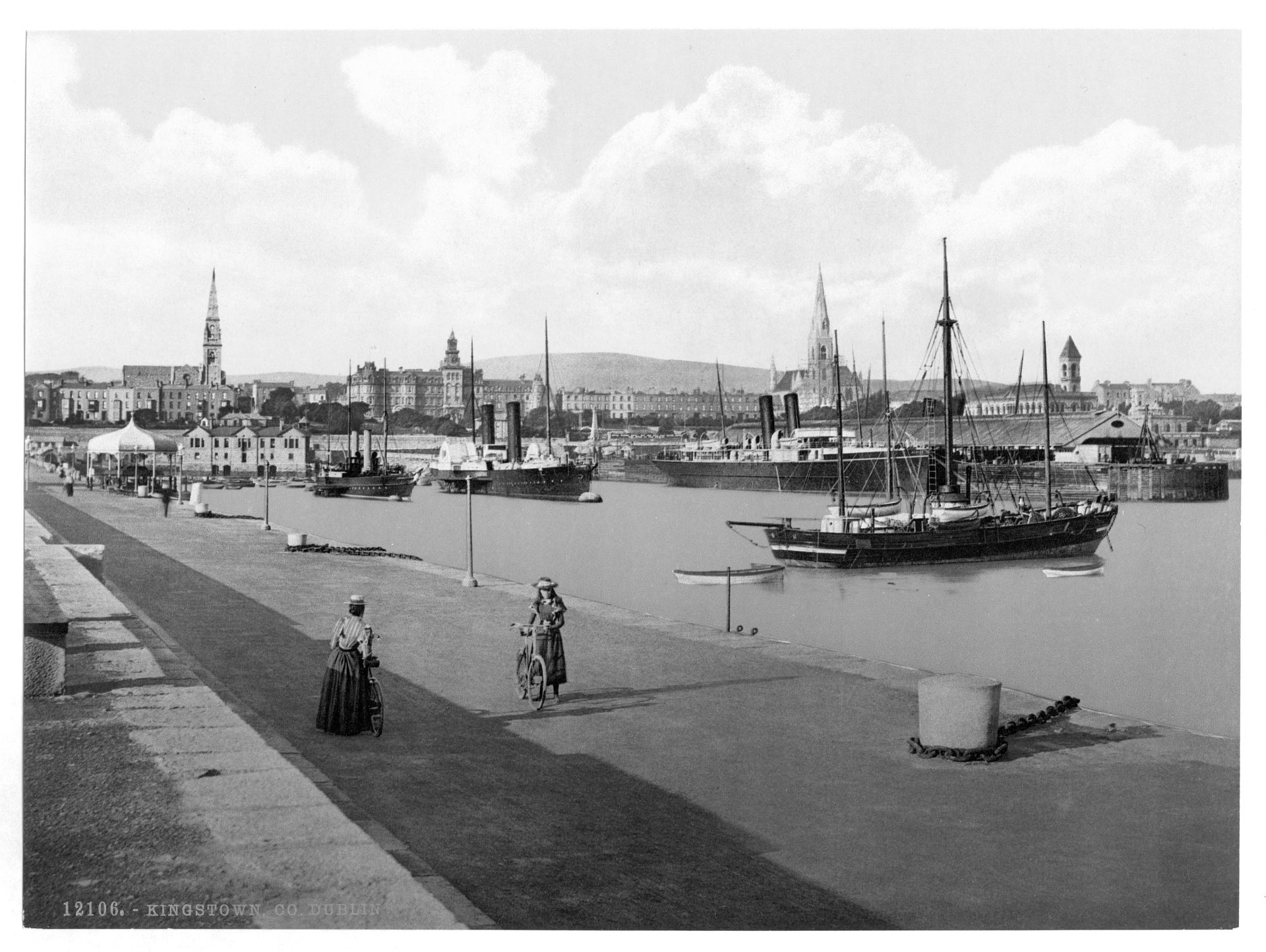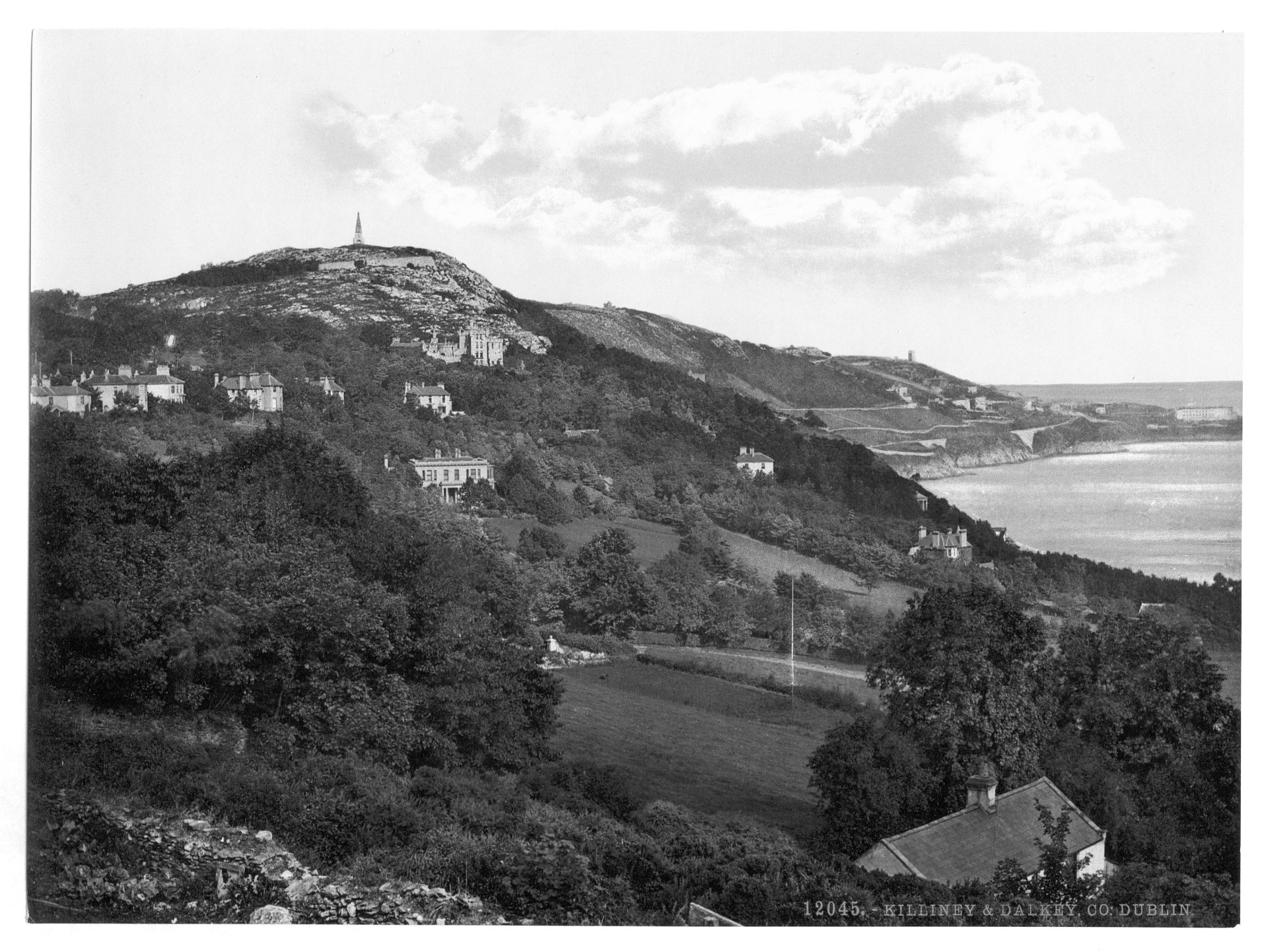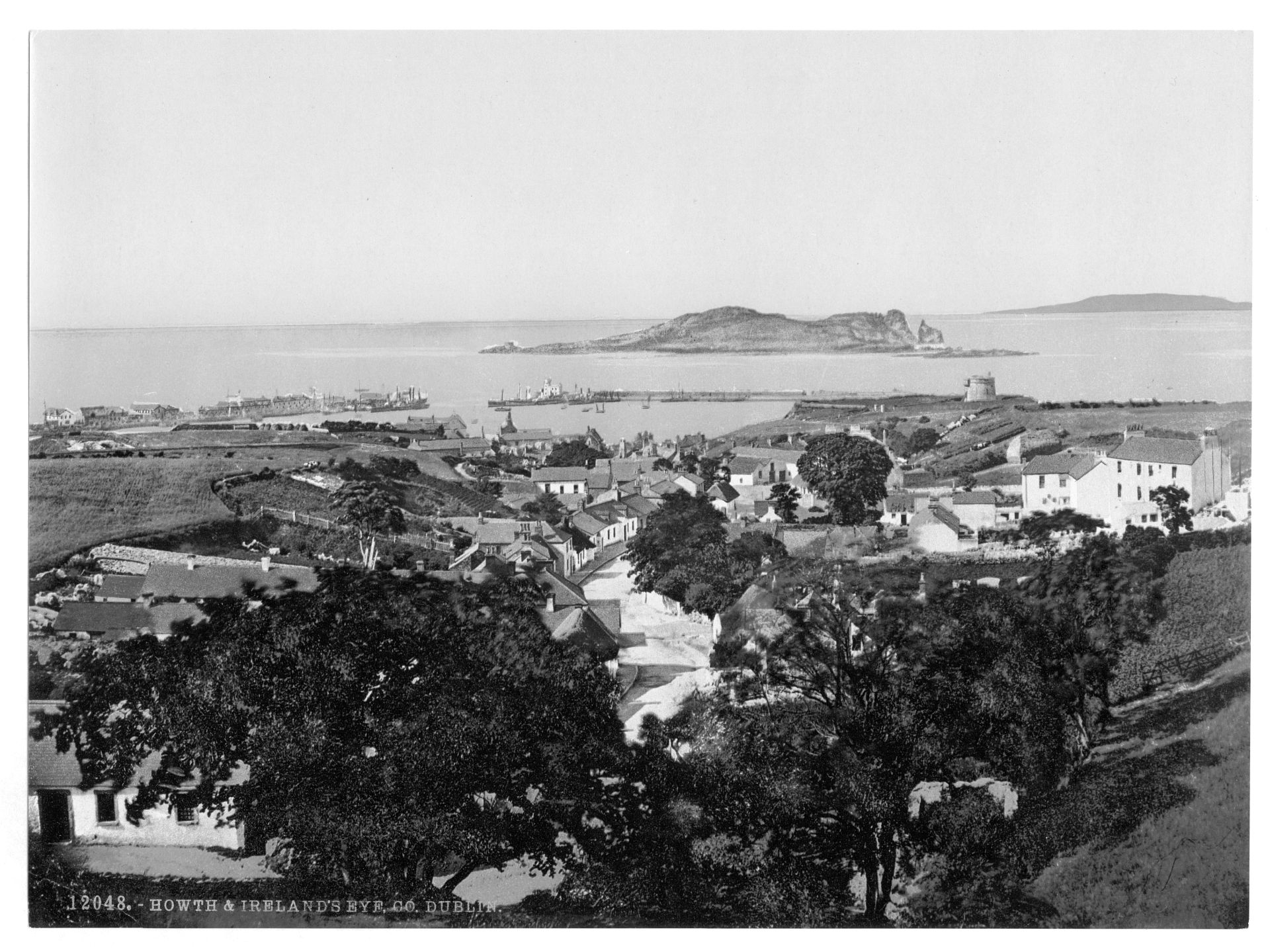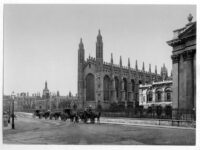Despite harsh penal laws and unfavourable trade restrictions imposed upon Ireland, Dublin flourished in the 18th century. The Georgian buildings which still define much of Dublin’s architectural landscape to this day were mostly built over a 50-year period spanning from about 1750 to 1800. Bodies such as the Wide Streets Commission completely reshaped the city, demolishing most of medieval Dublin in the process. During the Enlightenment, the penal laws were gradually repealed and members of the Protestant Ascendancy began to regard themselves as citizens of a distinct Irish nation. The Irish Patriot Party, led by Henry Grattan, agitated for greater autonomy from Great Britain, which was achieved under the Constitution of 1782. These freedoms proved short-lived, as the Irish parliament was abolished under the Acts of Union 1800 and Ireland was incorporated into the United Kingdom. Dublin lost its political status as a capital and went into a marked decline throughout the 19th century, leading to widespread demands to repeal the union.
